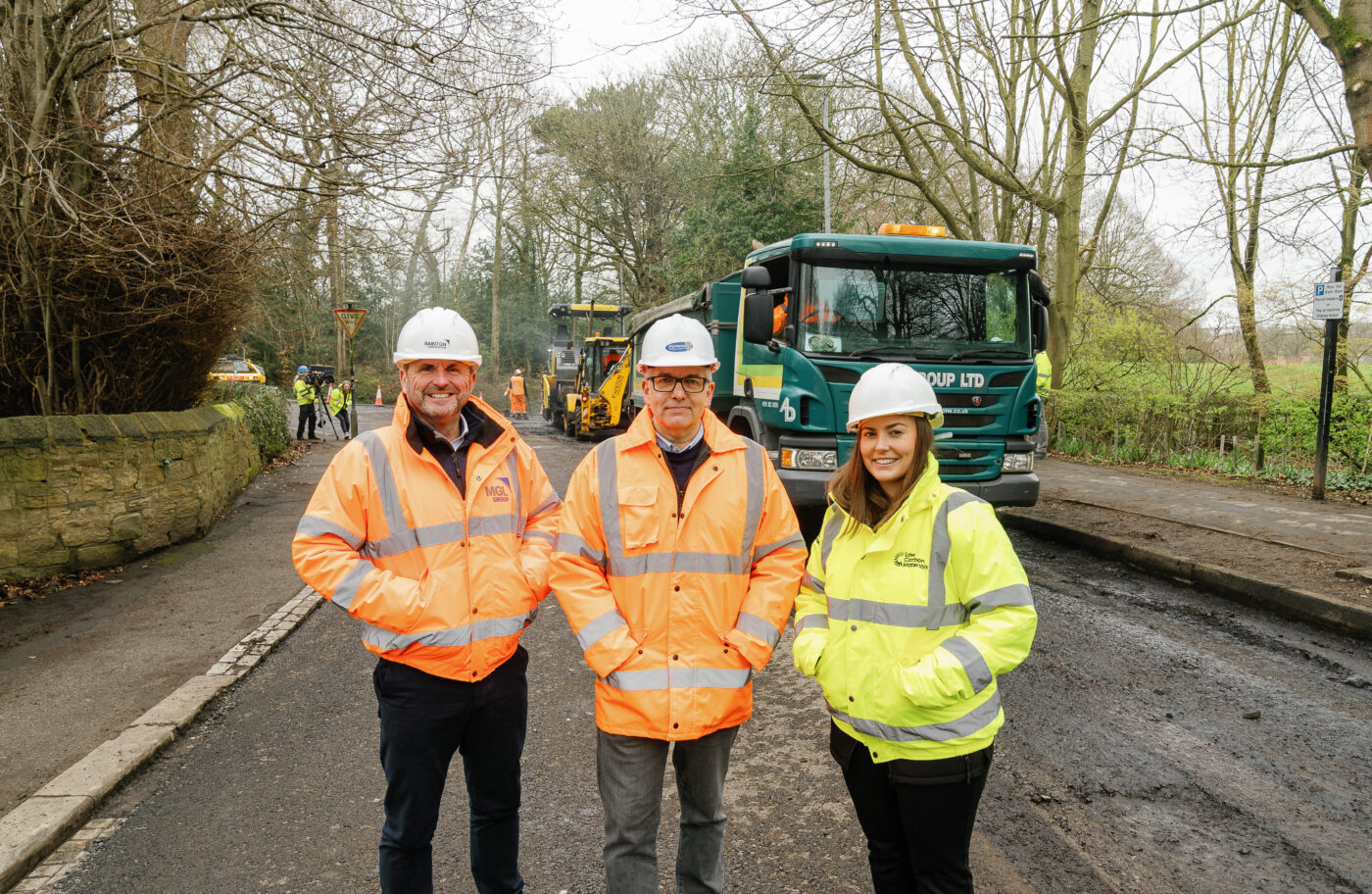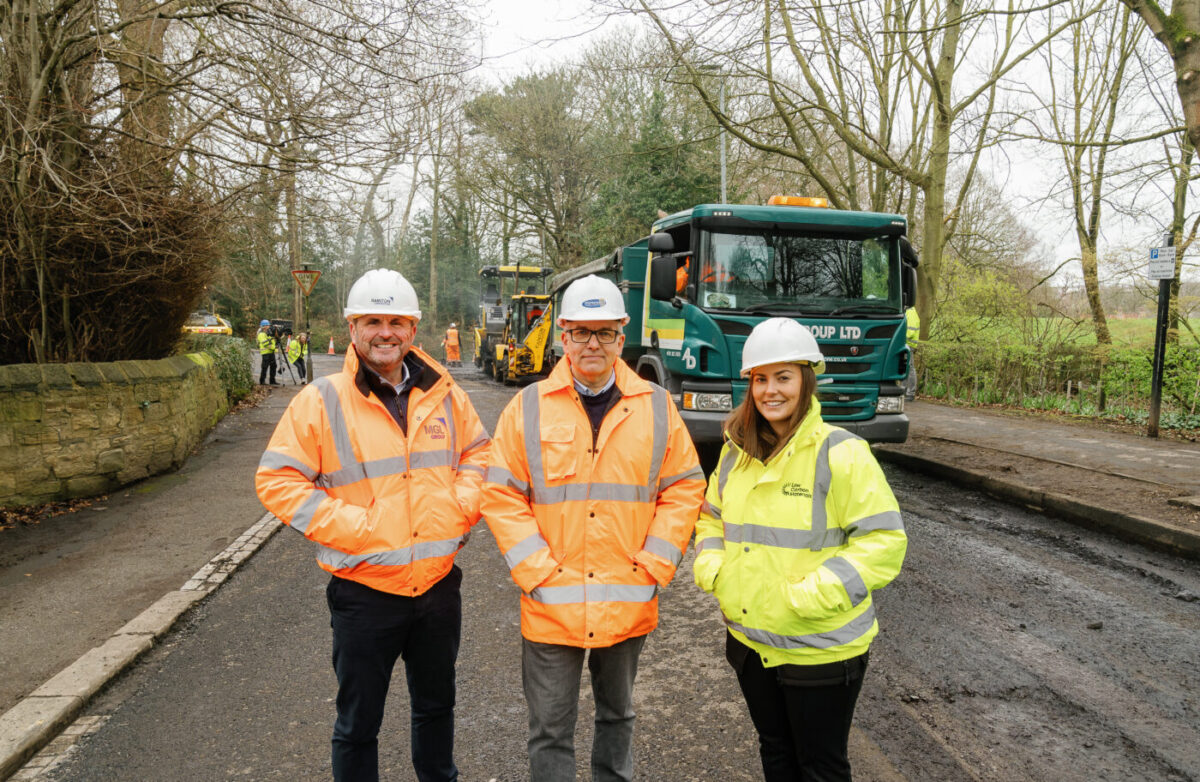The built environment and construction sector account for 38% of global carbon emissions, highlighting its significant impact on climate change. At MGL Group, we recognise our responsibility and are committed to being part of the solution by rethinking our operations and adopting sustainable practices.
Since 2019, we have monitored and managed our carbon emissions, calculated our carbon footprint, and implemented a reduction plan. Over the past five years, we have identified areas for improvement, implemented strategic measures, and successfully reduced our carbon emissions intensity while achieving business growth. Our commitment to sustainability has been recognised by CENE and CECA.
By adopting SmartCarbon’s climate change programme, we have gained a deeper understanding of our emissions. This programme has enabled us to accurately calculate and report emissions and develop plans to reduce our impact. The report follows the Greenhouse Gas Protocol standards, utilising UK conversion factors, product footprints, and the ONS dataset.
We have enhanced our data hierarchy for carbon reporting, allowing us to take informed actions to lower greenhouse gas emissions. We continuously monitor and identify areas for improvement and implement strategies to minimise our environmental impact. Our efforts contribute to the global fight against climate change.
Three Winning Facts:
- As a result of all our actions, we achieved a significant 29% intensity reduction between 2022/2023 and 2023/2024. Compared to our baseline, our emissions have been reduced by 36% intensity.
- Partnering with Durham County Council (DCC) and Low Carbon Materials (LCM), we used ACLA® to produce net zero asphalt, pioneering County Durham’s first net zero asphalt resurfacing scheme at Elvet Hill Road, removing nearly 12,000 kg of CO2e. To date, we have reduced carbon emissions by 65,436 kg, equivalent to driving a car around the world ten times. These projects highlight our commitment to sustainability and innovative, environmentally friendly construction practices.
- During a 2023 trial, our Heavy Goods Vehicles (HGVs) fleet achieved significant carbon savings by implementing SulNOxEco Diesel Conditioner. Based on fuel consumption data from the Jigsaw Fuel Management System and UK Government conversion factors, we estimated a reduction of 208,483.46 kg CO2e to 275,677.61 kg CO2e based on savings of between 5.74% and 7.59% identified during the trial.


